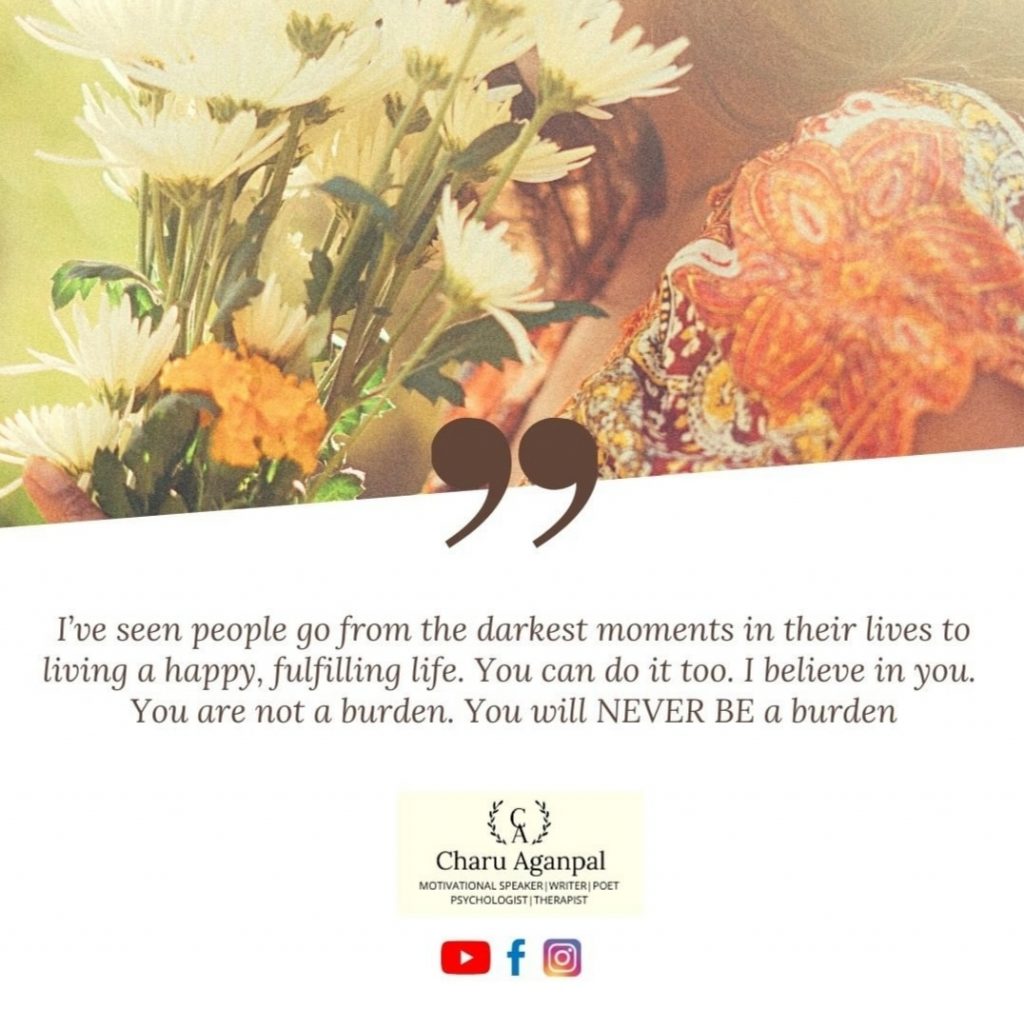Dealing with Depression
Over the last year, doctors have seen a surge in patients suffering from depression as a result of the Covid-19 pandemic. This has drawn more attention to the importance that mental health holds in our day to day lives. Recent studies found that 43% of Indians are currently suffering from depression, out of which 11% are suffering from moderate symptoms while 6% are suffering from severe symptoms of depression. If you feel like you are struggling with depression, remember that you are not alone. Depression is a perfectly treatable process of overcoming and healing with the right guidance and support.
Most individuals who suffer from depression have the following symptoms-
- Little interest or pleasure in doing anything
- Feeling hopeless and unmotivated
- Poor sleep cycles and eating habits
- Having trouble concentrating
- Feeling restless
- Having thoughts of self-harm
- Indecisiveness
- Changes in menstrual cycle
- Constant tiredness
- Persistent headaches and stomach aches
- Neglecting hobbies
- Isolating from friends and family
- Decreased productivity
Depression is a common mental disorder and individuals of any age could suffer from it. Types of depression are-
- Recurrent Depressive Disorder: This disorder involves repeated depressive episodes, where the individual goes through a low mood, loss of interest and happiness, and low energy leading to an inability to perform daily activities. Such individuals may also suffer from anxiety, disturbed sleep and poor appetite. Feelings of low self-worth, poor concentration and sometimes even symptoms that cannot be explained by a medical diagnosis can be seen. The disorder can be classified as mild, moderate or severe based on the number of episodes the individual suffers, and their severity.
- Bipolar Affective Disorder: This is a form of manic depression which involves extreme highs and lows. Manic episodes are characterized by the individual being irritable, performing over-activity, having inflated self-esteem and a decreased need for sleep.
Contrary to common belief, depression is not caused due to a ‘weak personality’. Individuals with a bright career and happy exterior can also suffer from depression. This is a mental disorder that is caused by social, psychological and biological factors. Individuals who have suffered severely (Trauma, bereavement, unemployment, homelessness, etc) are at a higher risk of suffering from depression. One’s physical health condition can also cause depression, and vice versa (those suffering from obesity, cardiovascular disease etc could be affected with depression and vice versa could happen too).
It is advisable to seek professional help when depression begins to interfere severely in your
- Work life
- Relationships
- Interests and hobbies
Thoughts of suicide and self-harm are also signs that you need help immediately. Depression can put serious emotional and physical strain on your health.
Counselling is an effective form of treating depression. It is often the first step in dealing with mild to moderate depression.For severe cases, counselling paired with medication is required. Following are some types of counselling and psychotherapy that have proven effective-
- Cognitive Behavioural Therapy or CBT: This is one of the most recommended therapies for treating depression. Our actions and thoughts are linked directly to our emotional response. People suffering from depression have a decreased self-esteem and have self-defeating thoughts which result in negative behaviour. This form of therapy uses these grounds to help patients defeat negative behaviour and thoughts.A therapist helps the patient by coming up with goals together and challenging preconceptions.
- Interpersonal Therapy: This involves focusing on how the patient’s depression is affected by his or her relationship with others. It helps teach the individual to spot and deal with unhealthy behaviour.
- Psychodynamic Therapy: This form of therapy focuses on what could have contributed to the individual’s depression, such as childhood trauma etc.
Living with depression can be extremely overwhelming. Building a therapeutic relationship with your counsellor can help you heal by providing you with a safe space to discuss your thoughts and identify patterns that could be contributing to your symptoms. Counselling can help you learn coping techniques that can help you identify and manage your symptoms without letting them worsen.
Charu Aganpal
2142, Sector-28, HBC Near Geeta Hospital
Faridabad
To book your appointment, call or message, WhatsApp on- 09999409435



